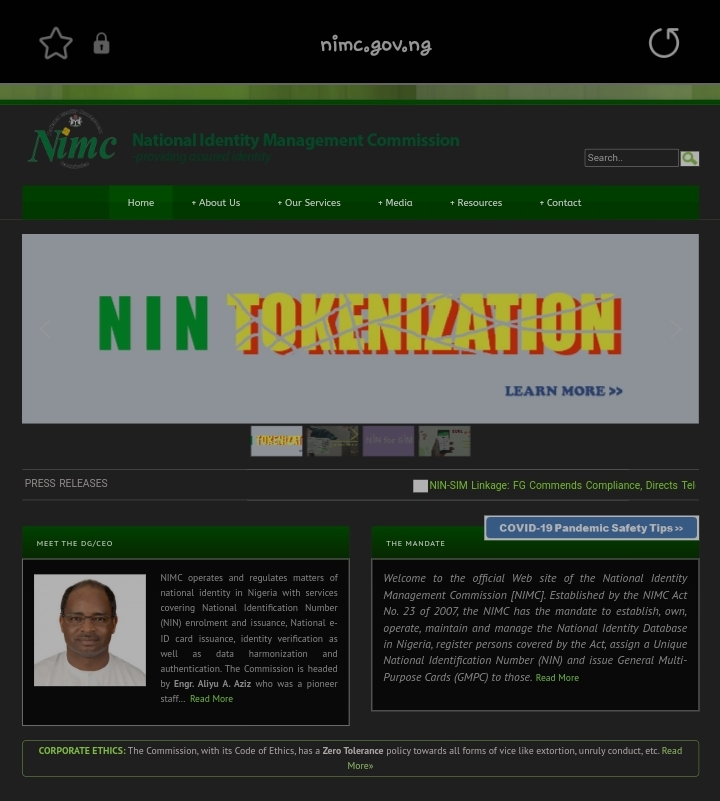Are you passionate about education and looking for a rewarding business opportunity? Starting a homeschooling business in Nigeria could be the perfect venture for you.
Not only will you have the opportunity to make a positive impact on children’s lives, but you can also generate income while doing what you love.
In this comprehensive post, we will walk you through the essential steps to start a successful homeschooling business in Nigeria.
1. Understand the Homeschooling Landscape in Nigeria
Before diving into the homeschooling business, it’s crucial to have a solid understanding of the homeschooling landscape in Nigeria.
Homeschooling is an alternative form of education where parents or guardians take on the responsibility of educating their children at home instead of sending them to traditional schools.
In Nigeria, homeschooling is legal and recognized as a legitimate educational option. The Education Act of 2004 acknowledges the right of parents to choose homeschooling for their children.

However, it’s important to note that homeschooling is still relatively uncommon in Nigeria, with the majority of children attending formal schools.
This presents a significant opportunity for entrepreneurs who are passionate about homeschooling.
2. Define Your Homeschooling Business Model
Once you have familiarized yourself with the homeschooling landscape, it’s time to define your homeschooling business model. There are several options to consider:
a) Home School Coach
As a home school coach, your role will be to provide guidance, support, and resources to parents who are homeschooling their children.
You can offer services such as curriculum development, lesson planning, and general homeschooling advice.
To establish credibility and attract clients, consider joining local homeschool meetups or Facebook groups to connect with like-minded families.
b) Cottage School Model
The cottage school model of homeschooling is an excellent option for entrepreneurs who want to create a community-oriented homeschooling environment.
In this model, multiple families come together to form a small “school” where children learn together in one room. Each family takes turns teaching different subjects, leveraging their expertise.
To start a cottage school, you will need to find a suitable location, recruit students, develop a curriculum, and ensure compliance with legal requirements in your state.
c) Homeschool Consultant
If you have extensive knowledge and experience in homeschooling, becoming a homeschool consultant can be a lucrative business opportunity. As a consultant, you can offer personalized guidance, support, and assessment services to parents who are homeschooling their children.
This can include helping them navigate the homeschooling process, select appropriate curriculum materials, and evaluate their children’s progress.
3. Research Legal Requirements and Regulations
Before launching your homeschooling business, it’s crucial to research and understand the legal requirements and regulations governing homeschooling in Nigeria.
While homeschooling is legal, there may be specific guidelines and reporting obligations that you need to comply with. Familiarize yourself with the Education Act of 2004 and any state or local regulations that apply to homeschooling.
This will ensure that you operate your business within the legal framework and provide peace of mind to parents who choose your services.
4. Develop a Comprehensive Curriculum
One of the key components of a successful homeschooling business is a well-designed and comprehensive curriculum.
Whether you are a home school coach, cottage school operator, or homeschooling consultant, you will need to develop or select a curriculum that aligns with the educational goals and requirements of your clients.
Consider incorporating a mix of subjects, including core academic disciplines, practical skills, and extracurricular activities. Tailor the curriculum to meet the specific needs and interests of the children you will be serving.
5. Market Your Homeschooling Business
To attract clients and build a strong homeschooling business, effective marketing is essential. Start by creating a professional website that showcases your services, expertise, and testimonials from satisfied clients.
Utilize social media platforms to connect with your target audience and share valuable content related to homeschooling.
Consider offering free resources, such as e-books or webinars, to demonstrate your knowledge and build trust with potential clients.
Additionally, networking with local homeschooling groups, attending educational conferences, and partnering with other businesses can help generate referrals and expand your reach.
6. Establish Pricing and Payment Structure
Determining the pricing and payment structure for your homeschooling business is a critical step. Consider factors such as your level of expertise, the services you offer, the cost of curriculum materials, and the local market demand. You can choose to charge a monthly or yearly fee, offer different packages or tiers of service, or provide additional services at an extra cost. Conduct market research to understand the pricing landscape in your area and ensure that your pricing is competitive yet profitable.
7. Build a Supportive Network
Building a supportive network is invaluable for the success of your homeschooling business. Connect with other homeschooling professionals, join homeschooling associations or organizations, and attend industry events to stay updated on the latest trends and best practices. Collaborating with other professionals in the field can lead to partnerships, referrals, and shared resources, enhancing the quality of your services and expanding your business opportunities.
8. Continuously Improve and Innovate
Education is an ever-evolving field, and as a homeschooling business owner, it’s essential to continuously improve and innovate your offerings. Stay updated on the latest teaching methodologies, educational technologies, and curriculum materials. Attend professional development workshops, conferences, and online courses to enhance your skills and knowledge. Regularly seek feedback from parents and students to identify areas for improvement and adapt your approach accordingly.
9. Ensure Quality and Accountability
Parents entrust their children’s education to you, and it’s crucial to maintain high standards of quality and accountability. Strive to create a nurturing and stimulating learning environment, provide personalized attention to each child, and deliver on your promises. Regularly assess and evaluate student progress, provide constructive feedback, and adjust teaching strategies as needed. By prioritizing quality and accountability, you will build a strong reputation and attract more clients to your homeschooling business.
10. Embrace the Rewards and Challenges
Starting and running a homeschooling business in Nigeria can be both rewarding and challenging. Embrace the rewards of making a positive impact on children’s lives, witnessing their academic and personal growth, and empowering parents to take an active role in their children’s education.
However, be prepared for challenges such as managing diverse learning styles, addressing parents’ concerns and expectations, and adapting to changing educational trends.
With passion, dedication, and a growth mindset, you can overcome these challenges and build a thriving homeschooling business.
In conclusion, starting a homeschooling business in Nigeria presents a unique opportunity to combine your passion for education with entrepreneurship.
By understanding the homeschooling landscape, defining your business model, complying with legal requirements, developing a comprehensive curriculum, marketing effectively, and continuously improving your offerings, you can create a successful and fulfilling homeschooling business.
Embrace the rewards, navigate the challenges, and make a positive impact on the education landscape in Nigeria.










